Solutions to the vaccine crisis
The Romanian government takes new measures to tackle the vaccine crisis.

Florentin Căpitănescu, 19.05.2017, 12:02
The leftist
government in Bucharest has decided to create a department to monitor and
implement the national vaccination programme. The new body will be directly
subordinated to the health minister and will be tasked with the management of
the entire immunisation process, from the acquisition and administration of the
serum to running information campaigns to make the population aware of the
benefits of vaccination.
An emergency
inter-ministerial committee has also been set up to find a solution to the
ongoing vaccine crisis in Romania, which began in 2016. Its responsibility is
to come up and present the prime minister with an action plan by the end of the
month, a plan which is then to be implemented by the end of September.
Prime minister
Grindeanu has also announced that the necessary supply of measles vaccines has
been ensured for the entire year, but that solutions have to be found now to
prevent a new such crisis in the future. Sorin Grindeanu:
Once this
crisis is over, our wish is to create a predictable environment so that we won’t
find ourselves in a situation of this type again. The vaccination bill, which
is currently being debated, will also help create this framework.
President Klaus
Iohannis also said he was worried about the current measles epidemic. He
emphasised the need for systematic, mandatory and efficient vaccination:
According to
the latest reports, there are about 5,000 cases of measles and 26 deaths as far as I know. We
have an epidemic on our hands, it’s a disaster. I won’t go into how things have
been managed, but to be fair, it’s not only the current minister and the
current government team that is to blame. We are dealing with systemic mistakes
and I think it’s time to see how we can improve things. I believe that in the
meantime everybody has realised that vaccination is essential. It is thus clear
that we are returning to an issue that I have raised many times, namely
prevention.
The measles
epidemic in Romania, which has affected mainly children under the age of 4, was
generated by the drop in the rate of vaccination against measles, rubella and
mumps. In 2016, the first-dose vaccination rate stood at 86%, while that for
the second dose stood at 67%, which is far below the 95% immunisation rate
recommended by the World Health Organisation.






























